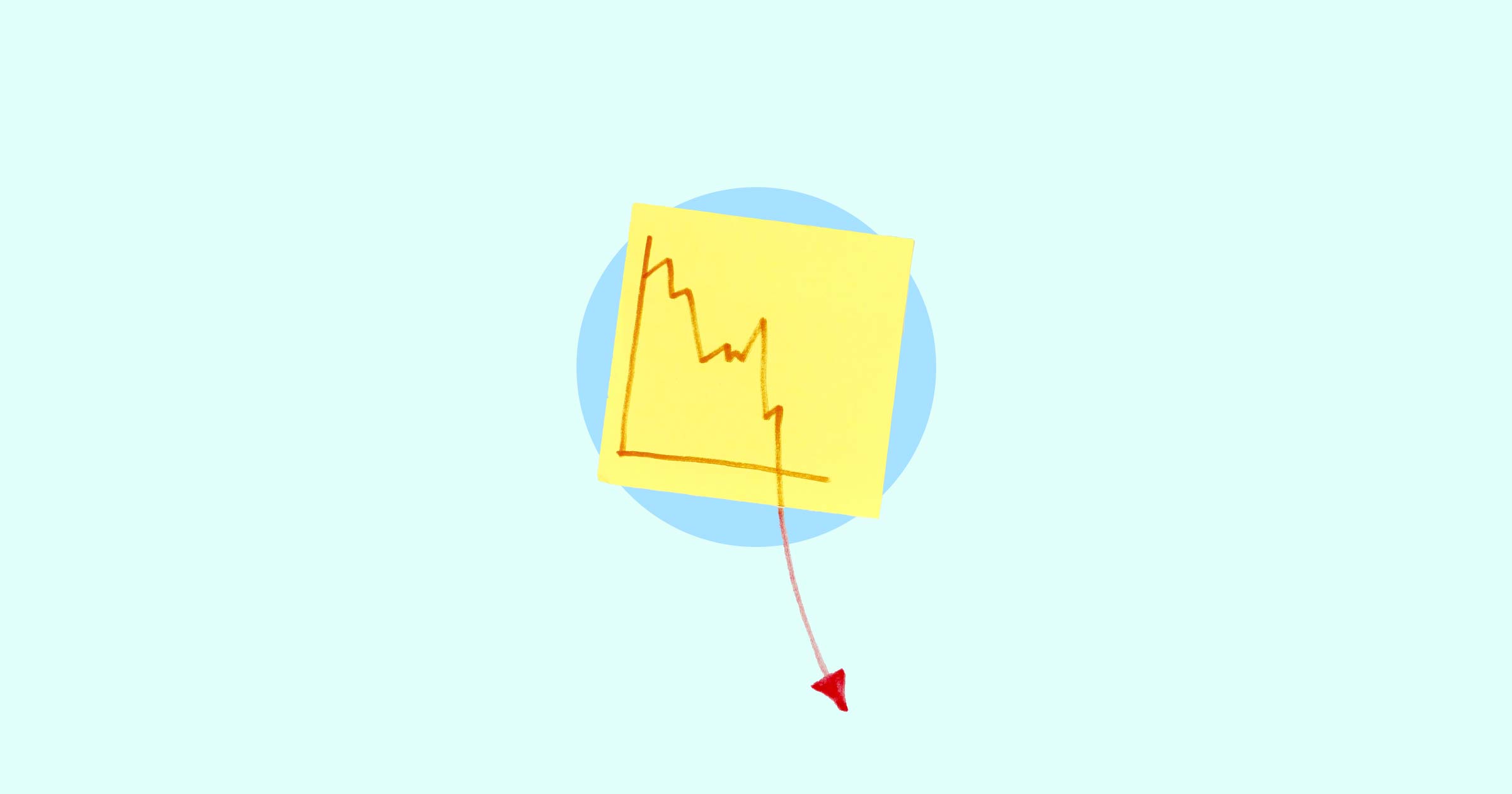What it is
In finance, deflation refers to an economic condition in which prices of goods and services are dropping. This can happen for more than one reason, but usually because the supply of money and of credit are lessening while output stays the same.
This can also be triggered by lower demand, or increased output. In the former, there are less people who are willing to buy while in the latter, more products or services will be competing for the same number of customers.
In both cases, making prices lower could be necessary to convince individuals to use their money.
The opposite of deflation is inflation, or when prices are generally on the rise.
What it means for you
While lower prices offer a definite advantage for you as a consumer, they may not be good for the economy.
In particular, deflation can have a negative effect on individuals and institutions who have debt. That’s because the money that they’ll be paying will have more value than when they made the loan.
From an investing point of view, companies that have large cash reserves and/or little debt can be more attractive during a period of deflation.

.jpg)
